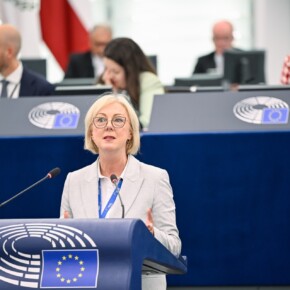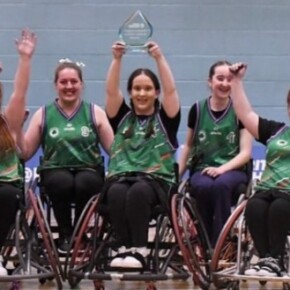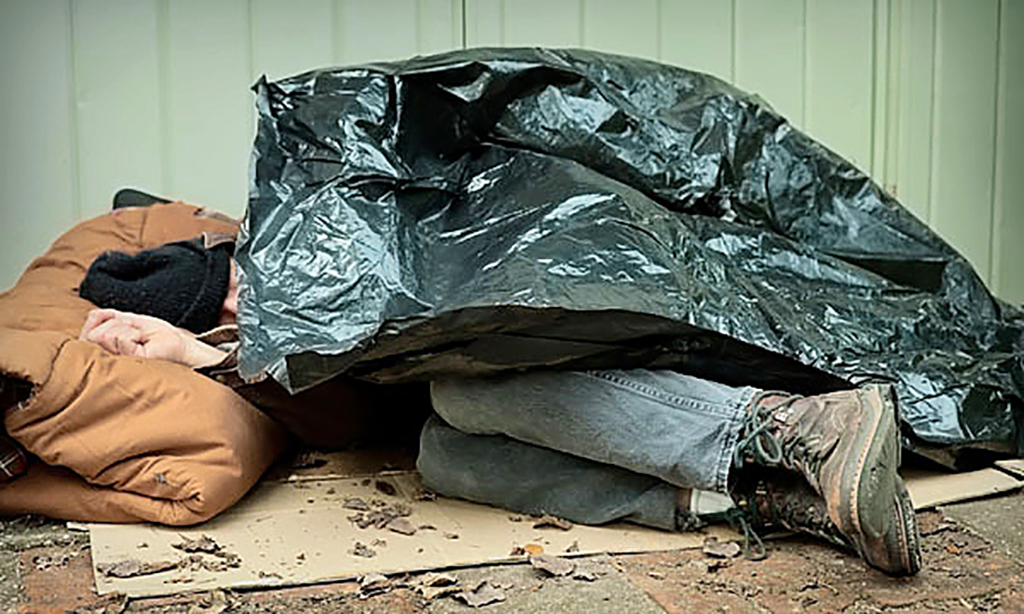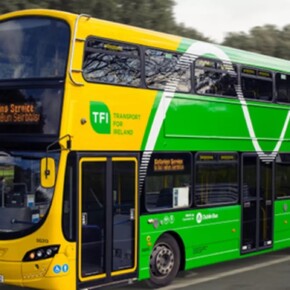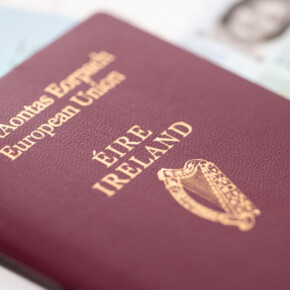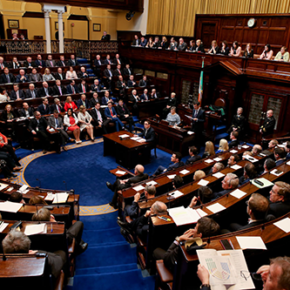Lack of female repersentation on Fingal County Council, says Donnelly
Mike Finnerty 10 Jul 2024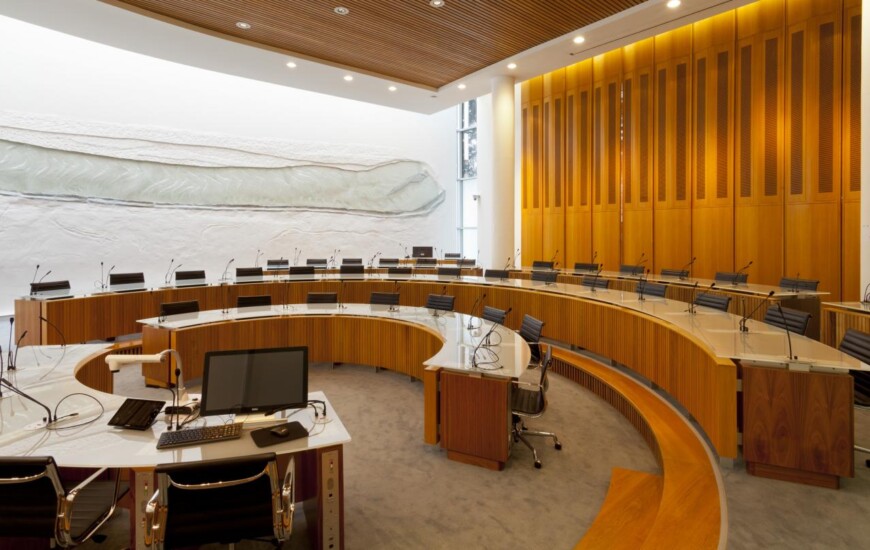
Sinn Féin councillor Angela Donnelly has said that women are underrepresented on Fingal County Council.
Donnelly, who leads Sinn Féin on Fingal County Council, noted that the Corporate Policy Groups has 7 Strategic Policy Committee chairs, and the current make-up consists of six male councillors and one female councillor.
Joan Hopkins of the Social Democrats will briefly reduce the ratio from six men to one woman when she takes over Joe Newman’s slot on the Corporate Policy Group halfway through the council’s term.
The National Women’s Council of Ireland recently commissioned a report titled “Women Beyond the Dáil: Access, Representation and Retention in Irish Local Government” and it found that out of the 949 seats up for grabs at local elections, just 247 of those seats are held by women or 26% of the overall seats.
The report found that the Social Democrats and the Greens ran the most female candidates at 51% and 50%, 44% of Sinn Féin’s candidates were women, with People Before Profit/Solidarity and Labour at 42% and 41% respectively.
Fianna Fáil and Fine Gael, the two largest parties in local government, didn’t crack 30% according to the report.
Just 25% of Fianna Fáil’s candidates were women, while 29% of Fine Gael’s candidates were female.
Donnelly said the statistics “makes for grim reading if you are an advocate of truly representational politics” and points to “stagnation.”
She said that “structural reforms are required to meaningfully advance gender parity in local authorities.”
Fingal County Council finished the last term with 35% of the council consisting of women, dropping to 33% for the new council term.
South Dublin County Council was revealed to have the highest level of female representation in the chamber, with 48% of elected representatives on SDCC being women.
Donnelly said “we need more women in decision-making roles to ensure women’s voices are heard. Politics must be truly representational and must include more women speaking about their lived experience if we are to get strong local and national government.”
According to the United Nations, only six countries have female representation of 50% and above in their houses of parliament or lower house – Rwanda, Cuba, Nicaragua, Andorra, Mexico, New Zealand, and the United Arab Emirates.
The United Nations report places Ireland at 103rd.
Women for Election has called for a 40% gender quota for local elections, just like how there are currently gender quotas for Dáil elections of 40%.
The National Women’s Council of Ireland stated that co-option can be an excellent entry route into politics for women, as it overcomes the barrier of women’s invisible contribution to their communities, and further recommended that women-only shortlists for co-option would be an easy fix at a local level.
Donnelly said “we are failing women if we do not begin a process to address this gender imbalance; women’s political participation is a fundamental prerequisite for gender equality and genuine democracy.”


